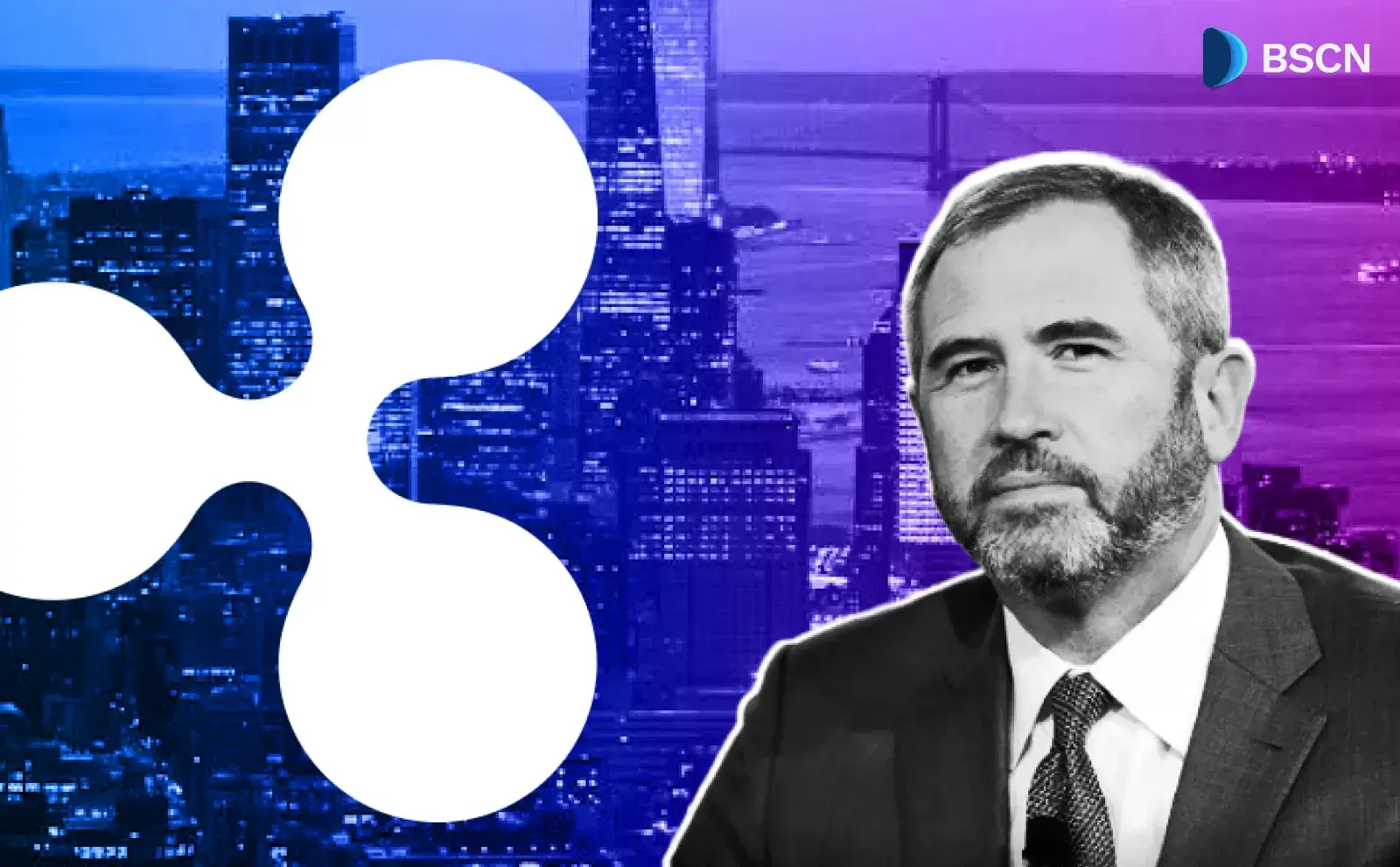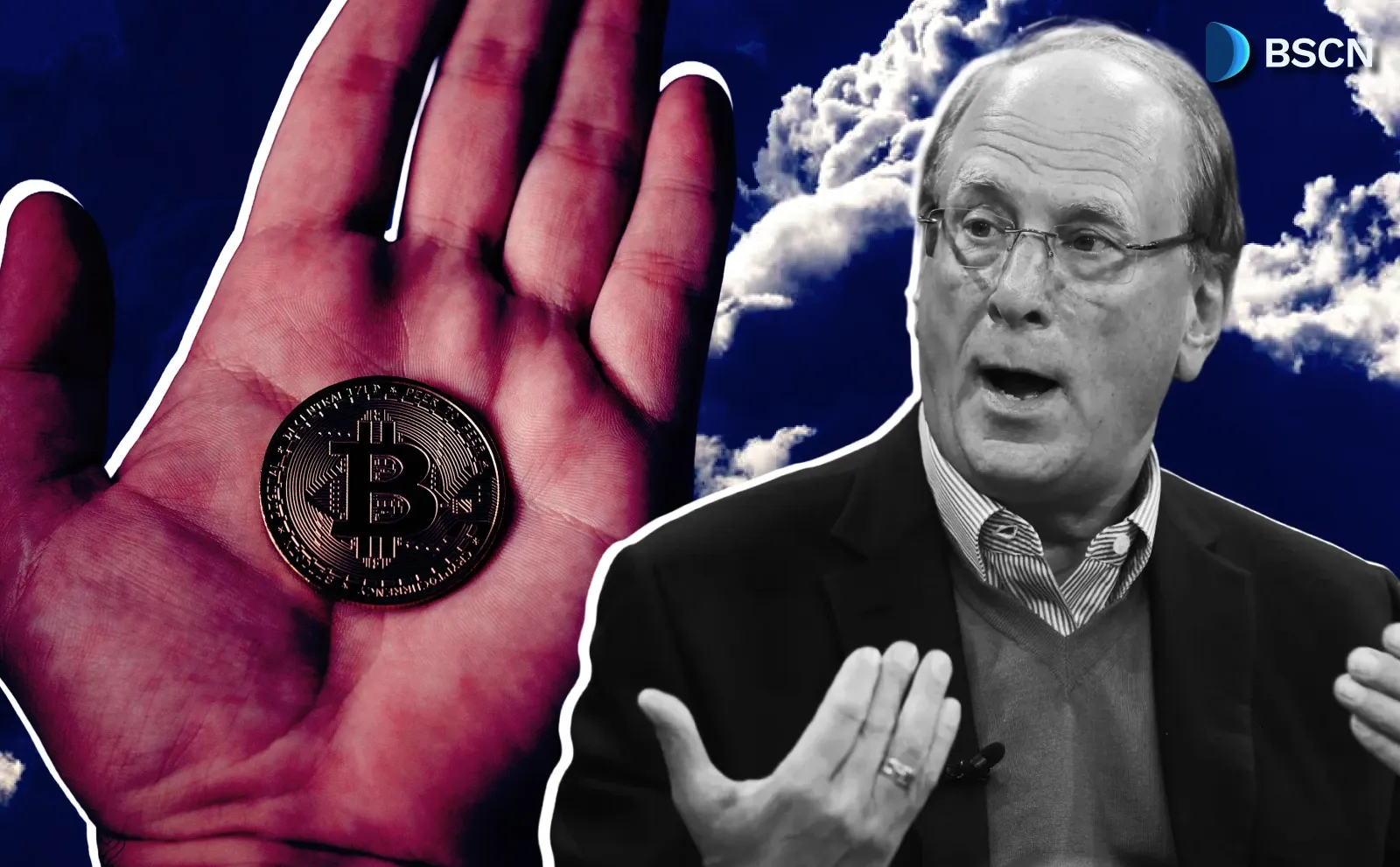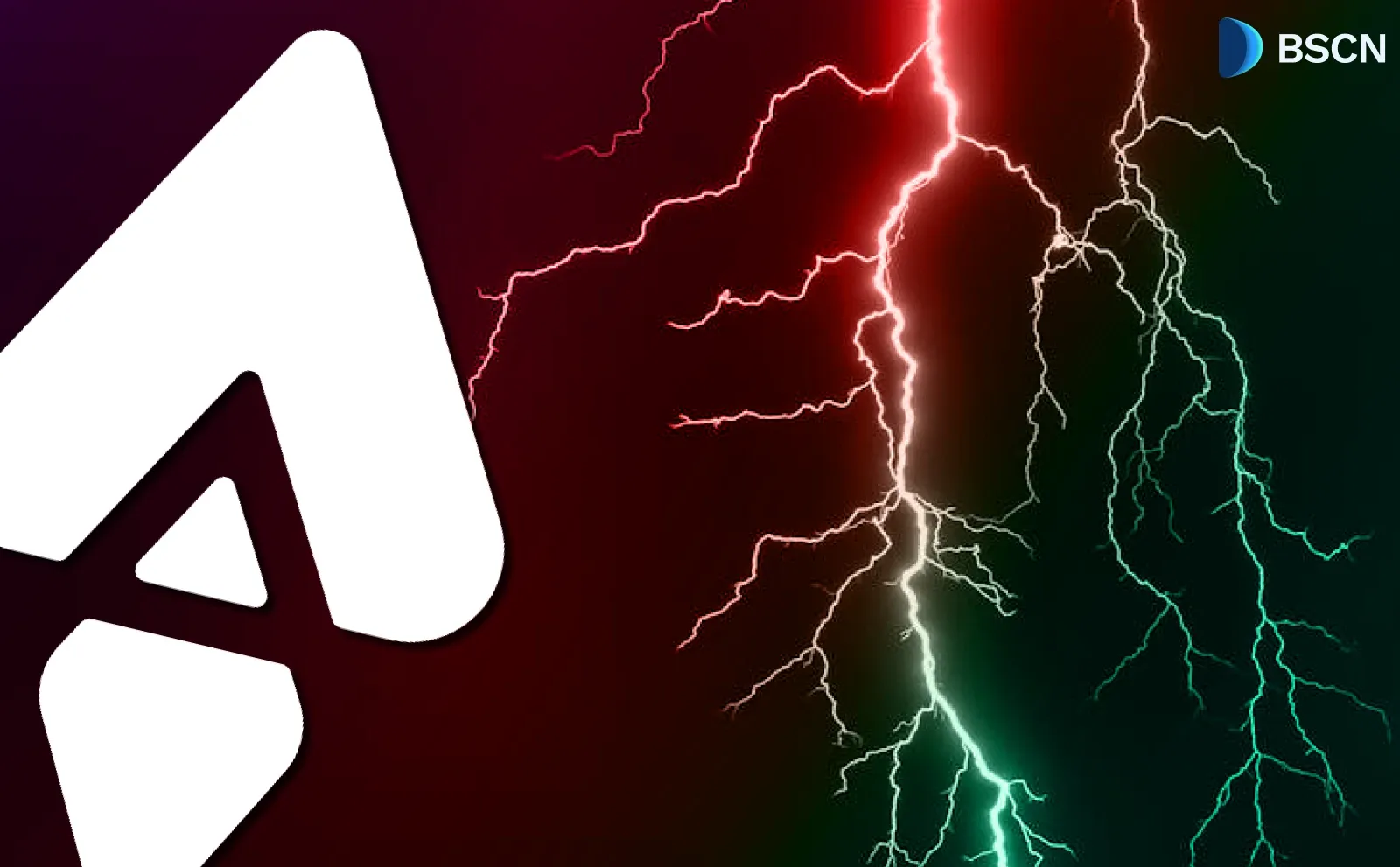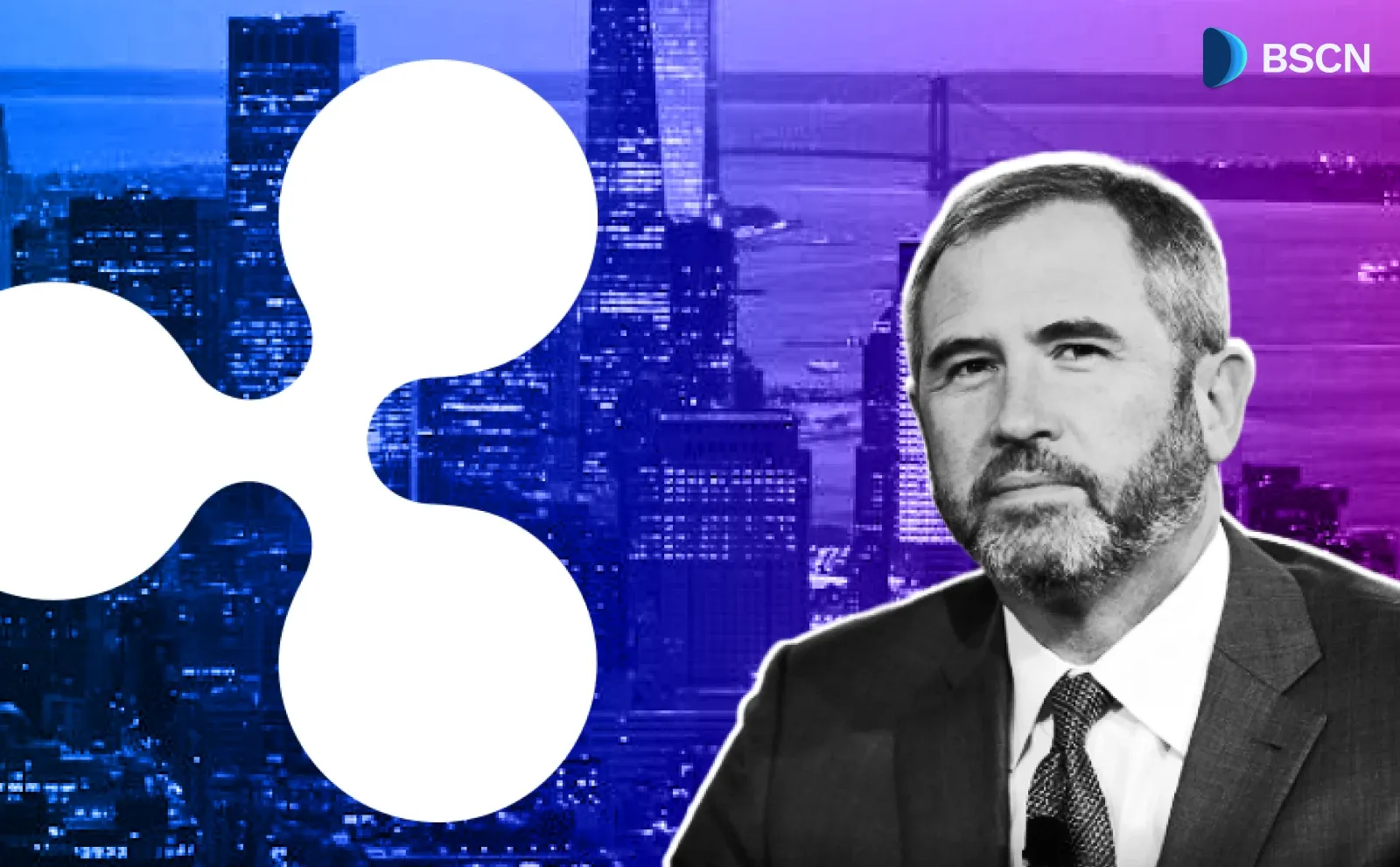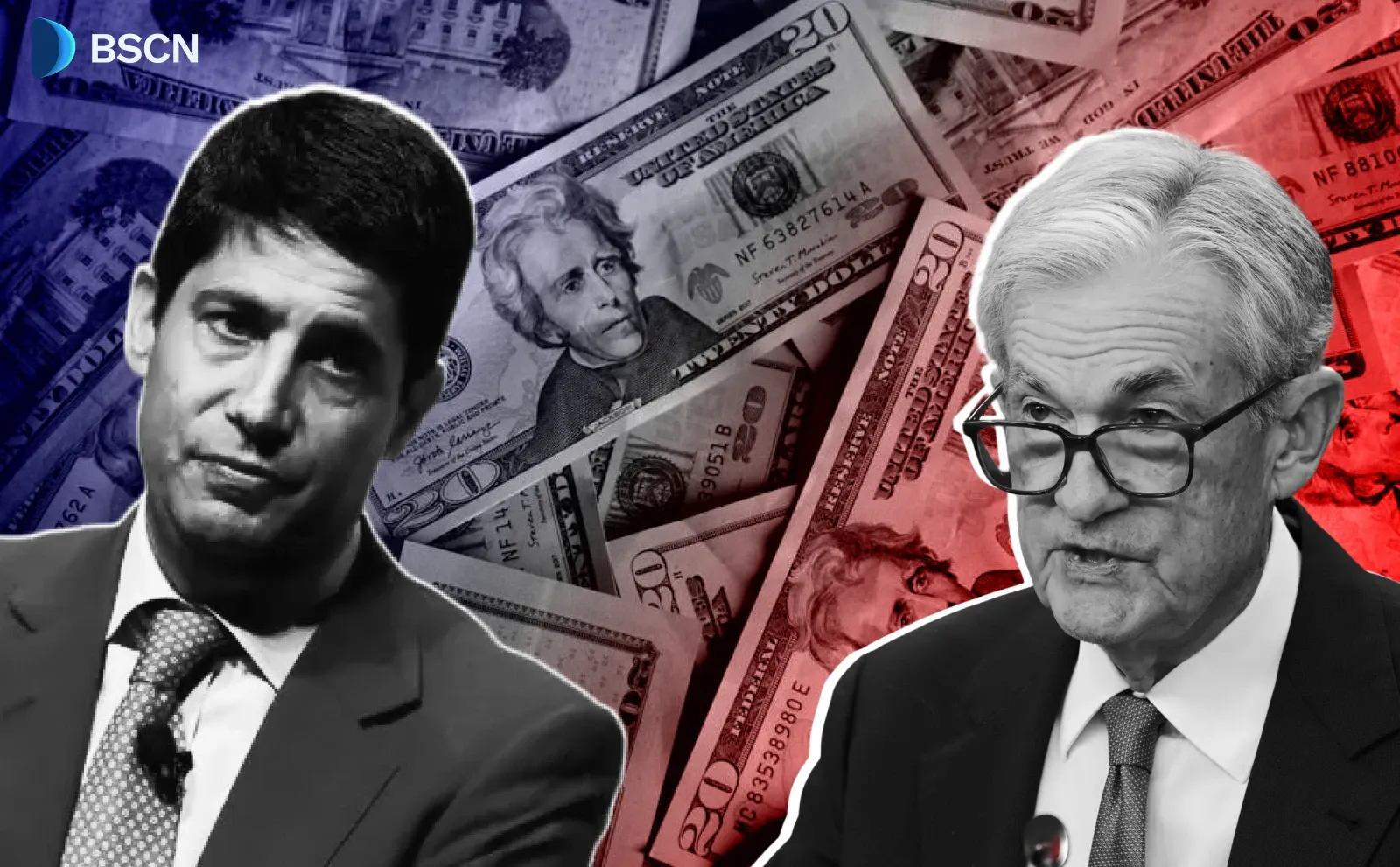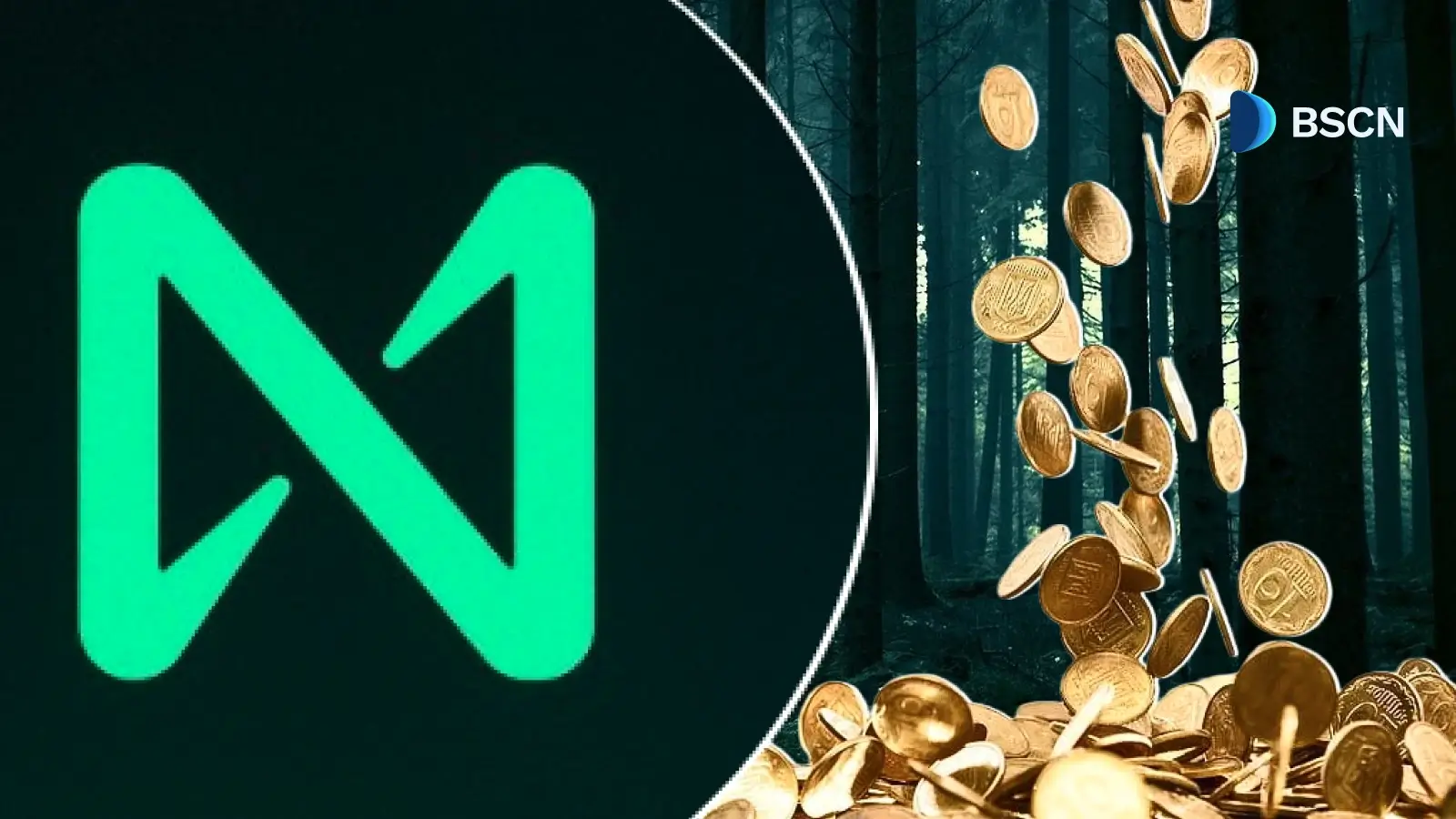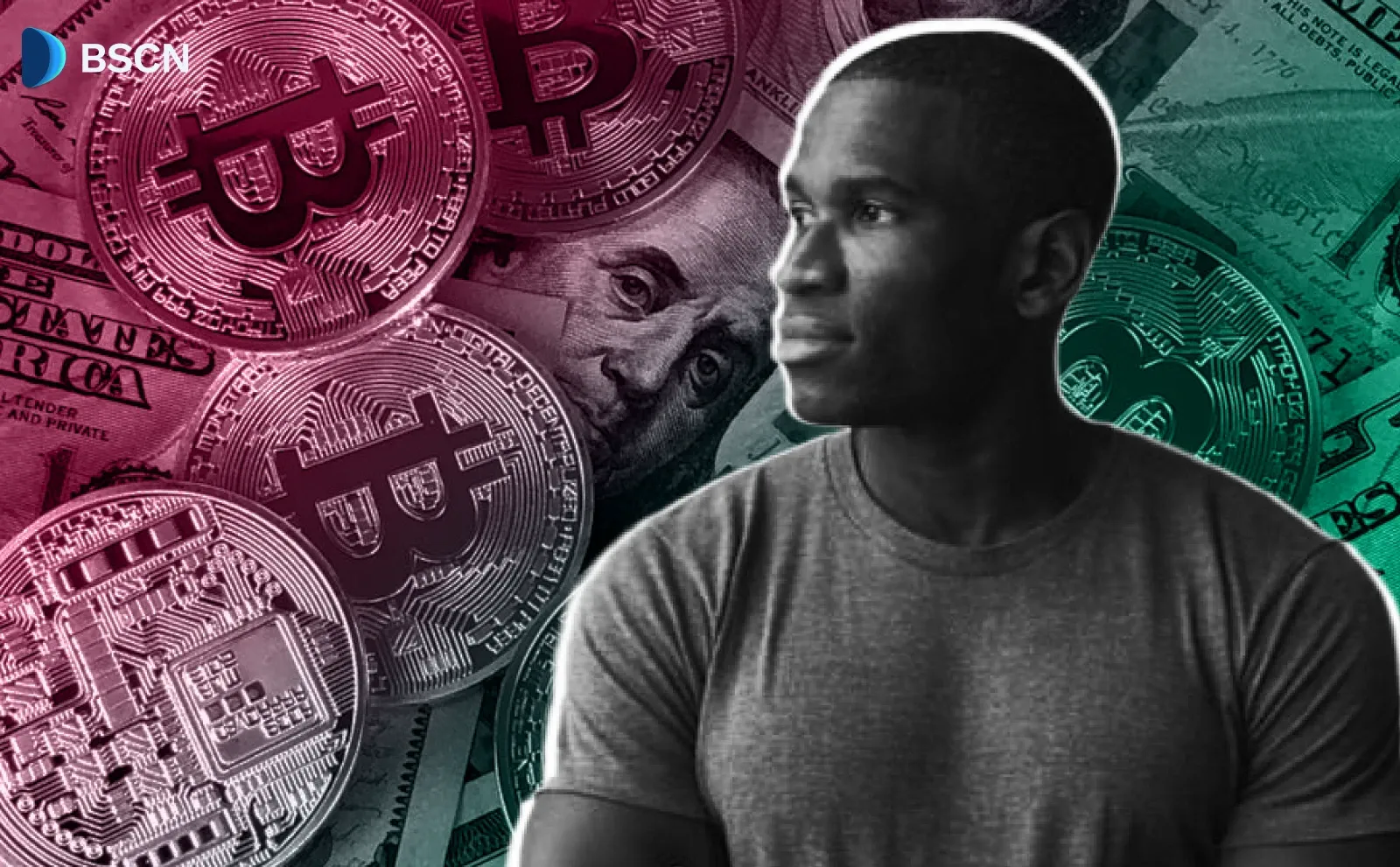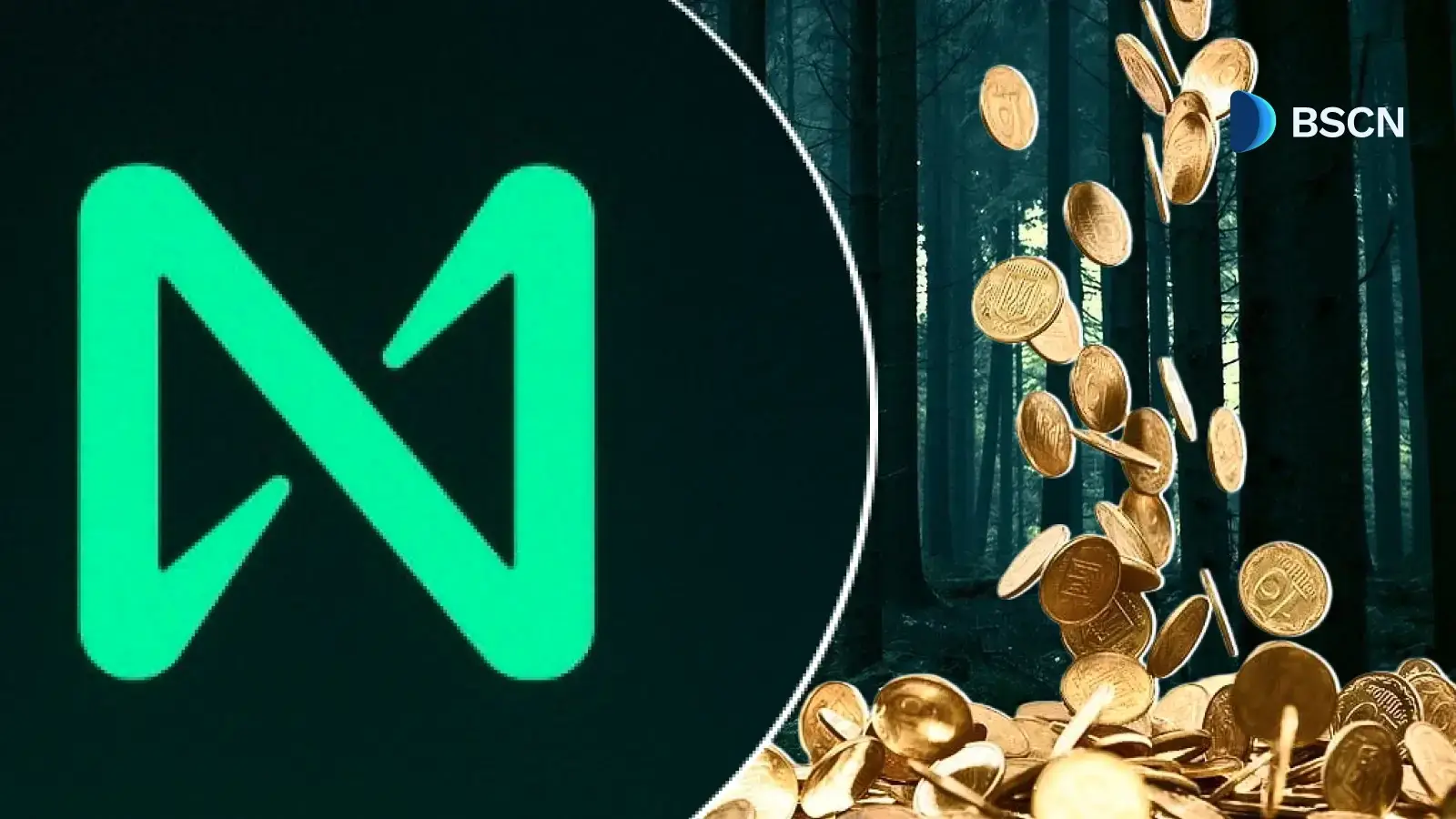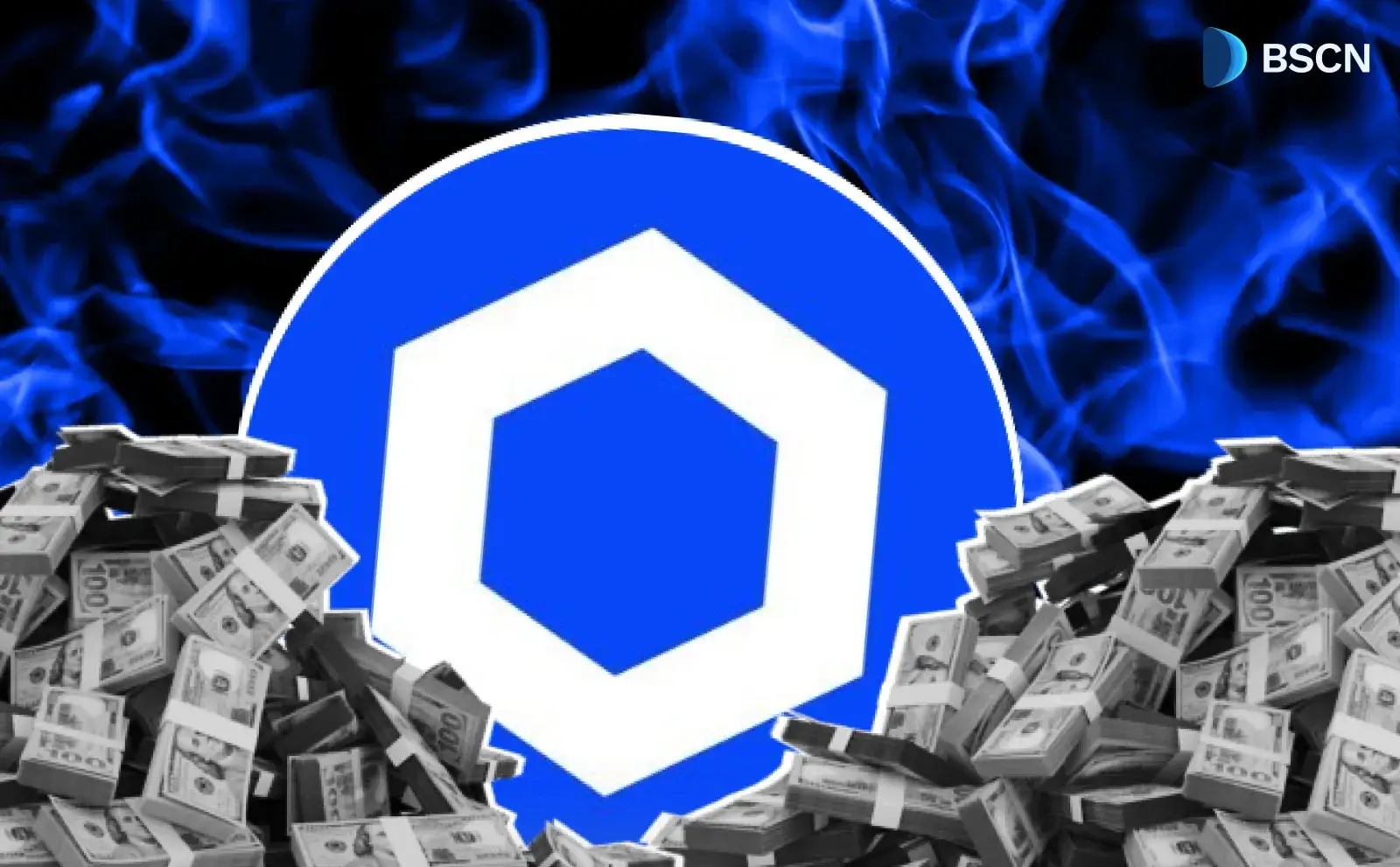What are Smart Contracts and How Do They Work?

Explore the revolutionary world of smart contracts - from their history and functions to real-world applications in finance, legal, and asset tokenization. Learn how these self-executing contracts are transforming business operations and enabling trustless transactions across blockchain platforms.
Crypto Rich
February 10, 2025
Table of Contents
Introduction
Smart contracts represent one of blockchain technology's most transformative innovations, fundamentally changing how we think about digital agreements and trust. These self-executing contracts with terms directly written into code are revolutionizing industries from finance to real estate, creating new possibilities for automation and trustless transactions.
The Origins and History of Smart Contracts
The concept of smart contracts predates blockchain technology by nearly two decades. In 1994, Nick Szabo, a computer scientist and legal scholar, first proposed the idea of computerized transaction protocols that would execute the terms of a contract. Szabo envisioned vending machines as a primitive example of a smart contract - where simple rules programmed into the machine automatically execute a transaction when specific conditions are met.
However, it wasn't until the launch of Ethereum in 2015 that smart contracts found their true platform for widespread implementation. Vitalik Buterin and the Ethereum team created a blockchain specifically designed to support smart contract functionality, marking the beginning of a new era in digital agreements.

How Smart Contracts Work
At their core, smart contracts are programs stored on a blockchain that automatically execute when predetermined conditions are met. Think of them as digital vending machines that operate with perfect transparency and cannot be tampered with. They follow simple "if/when...then..." statements written in code.
Key characteristics include:
- Immutability: Once deployed, smart contract code cannot be changed*
- Deterministic: The same input always produces the same output
- Transparency: All transactions are visible on the blockchain
- Self-executing: No need for intermediaries
- Decentralized: Runs on the blockchain
*(For non-upgradeable contracts)
Smart Contract Ecosystems and Languages
Major Platforms
Smart contracts operate across various blockchain platforms, each with its unique features and capabilities. Ethereum stands as the pioneer L1 blockchain of smart contract platforms, using the Solidity programming language and boasting the largest developer ecosystem.BNB Smart Chain offers EVM-compatibility with lower transaction costs and high throughput. Solana focuses on high performance and scalability, utilizing the Rust programming language. Cardano takes an academic approach to development, implementing Haskell-based Plutus with an emphasis on security.
Smart contract development primarily uses several specialized languages. Solidity remains Ethereum's primary language, while Rust powers Solana and other platforms. Vyper offers a Python-like alternative for Ethereum, and Move serves as the language of choice for Aptos and Sui blockchains.
Transforming Industries Through Trust and Automation
Financial Services Revolution
Smart contracts are fundamentally changing financial services through decentralized finance (DeFi), which includes automated market makers, lending and borrowing platforms, yield farming protocols, and synthetic assets. Asset tokenization has opened new possibilities for real estate fractional ownership, stock tokens, commodity tokenization, and digital representation of art and collectibles.
Legal and Administrative Applications
Smart contracts are fundamentally transforming the legal and administrative landscape, bringing both significant advantages and notable challenges to consider. In the realm of automated compliance and reporting, these contracts are revolutionizing how businesses handle regulatory requirements. For instance, smart contracts can automatically generate and submit required reports to regulatory bodies, drastically reducing the risk of human error and ensuring timely compliance. This automation is particularly valuable in highly regulated industries like finance and healthcare, where compliance requirements are complex and time-sensitive.
Self-executing legal agreements represent another breakthrough in legal operations. Traditional contracts often require extensive manual oversight and can lead to disputes over interpretation or execution. Smart contracts address these challenges by encoding agreement terms directly into immutable code. When a manufacturer and supplier enter into a smart contract, for example, payments can be automatically released upon verified delivery, reducing payment disputes and accelerating business operations. This automation extends to complex agreements like royalty distributions, where smart contracts can instantly calculate and distribute payments to multiple parties based on pre-defined rules.

Digital identity management through smart contracts offers unprecedented control and security over personal information. Users can selectively share verified credentials without exposing unnecessary personal data. This technology enables secure and efficient background checks, age verification, and professional certification verification while maintaining user privacy. Educational institutions are already implementing smart contracts to issue and verify academic credentials, reducing credential fraud and simplifying the verification process for employers.
In supply chain management, smart contracts are enhancing transparency and efficiency at every step. They create an immutable record of product journey from manufacture to delivery, automatically triggering payments and updating inventory systems. This transparency helps combat counterfeit products and enables rapid response to supply chain disruptions. For instance, in the pharmaceutical industry, smart contracts help ensure temperature-sensitive medications are properly handled throughout transportation by monitoring conditions and automatically flagging violations.
The management of intellectual property rights has been particularly transformed by smart contracts. Artists, musicians, and content creators can now automatically receive royalties whenever their work is used, eliminating the need for complex collection and distribution systems. Smart contracts can manage licensing agreements, track usage rights, and ensure proper attribution across digital platforms. This automation has created new opportunities for creators to monetize their work directly, bypassing traditional intermediaries.
Decentralized Autonomous Organizations (DAOs)
One of the most innovative applications of smart contracts is the emergence of Decentralized Autonomous Organizations (DAOs). These entities represent a new form of organizational structure where governance rules are encoded in transparent smart contracts rather than traditional bylaws. Through DAOs, members can collectively manage resources, make decisions, and execute actions without conventional hierarchical management.
Notable examples like MakerDAO and Uniswap demonstrate how complex financial systems and protocols can be governed by community consensus. Smart contracts automatically execute decisions once voting thresholds are met, ensuring transparent and tamper-proof governance. While DAOs offer unprecedented organizational efficiency and transparency, they face challenges including regulatory uncertainty and the need for robust security measures. Despite these challenges, DAOs are increasingly bridging the gap between decentralized and traditional organizational structures, particularly in areas like venture capital, grant distribution, and protocol governance.
However, these advancements come with important considerations and potential drawbacks. The immutable nature of smart contracts, while beneficial for transparency, can create challenges when circumstances require contract modification. Traditional contracts often include provisions for force majeure or changed circumstances, but smart contracts must have these contingencies explicitly coded in advance. This can lead to inflexibility in unusual situations.
Legal practitioners must also adapt to new technical requirements, as understanding code becomes increasingly important in contract law. There's a growing need for lawyers who can bridge the gap between legal expertise and technical knowledge, leading to a shift in legal education and practice. The question of smart contract legitimacy in various jurisdictions remains complex, with different countries taking varying approaches to their legal status.
Privacy concerns also emerge, particularly in jurisdictions with strict data protection regulations like GDPR. While smart contracts can enhance privacy through selective disclosure, the permanent nature of blockchain records may conflict with "right to be forgotten" requirements. Organizations must carefully balance transparency benefits against privacy obligations.
Additionally, the automation of legal processes, while efficient, may reduce human oversight in critical decisions. This raises questions about accountability and the ability to exercise discretion in complex situations where context and nuance are important. Smart contracts excel at executing predetermined rules but may struggle with scenarios requiring subjective judgment or ethical considerations.
Security Considerations and Malicious Practices
The security landscape of smart contracts presents both significant challenges and opportunities for malicious exploitation. Reentrancy attacks pose a serious threat, where attackers exploit contract function calls to drain funds through recursive calls before the contract can update its state. Flash loan attacks have emerged as another critical concern, enabling bad actors to manipulate market prices and exploit arbitrage opportunities by borrowing large amounts of assets without collateral for a single transaction.
Logic vulnerabilities represent perhaps the most fundamental security challenge, arising from incorrect implementation of business logic or overlooked edge cases in the contract code. These vulnerabilities can lead to unexpected behaviors and potential exploits, even in contracts that appear secure at first glance.
The smart contract ecosystem has also attracted various scam practices that prey on unsuspecting users. Rugpulls, where project developers abandon their projects after collecting significant funds from investors, have become increasingly common. Honeypot contracts represent another deceptive practice, specifically designed to trap users' funds by appearing legitimate while containing hidden mechanisms preventing withdrawals.
Front-running has evolved into a sophisticated attack vector, where malicious actors exploit transaction ordering in blockchain networks to gain unfair advantages. Additionally, fake token contracts continue to pose risks by impersonating legitimate tokens, often leading to significant losses for uninformed investors.
Best Practices and Future Developments
To combat these security challenges, the industry has developed comprehensive security measures across both development and operational phases. During development, projects should implement thorough testing protocols, undergo code audits by reputable firms like Certik, and utilize formal verification methods to mathematically prove contract correctness. The implementation of proven design patterns has become crucial for maintaining security standards.
Operational security requires constant vigilance through regular monitoring of contract activity and comprehensive incident response planning. Governance mechanisms play a vital role in managing and upgrading contracts when necessary, while insurance coverage provides an additional layer of protection against potential losses.
Future Developments
Smart contracts continue to evolve, and several promising developments are on the horizon. Cross-chain interoperability is advancing, enabling enhanced communication between different blockchains. Privacy features are being integrated through zero-knowledge proofs and confidential transactions. Scalability solutions, particularly layer-2 implementations, are addressing performance limitations. Additionally, the integration of legal frameworks is progressing, with the development of standard templates and regulatory compliance mechanisms.
Conclusion
Smart contracts represent a paradigm shift in how we conduct digital transactions and manage agreements. Their ability to automate processes, remove intermediaries, and create trustless environments is revolutionizing industries across the board. As the technology matures and new use cases emerge, smart contracts will continue to play a crucial role in shaping the future of digital interactions and business operations.
The combination of transparency, immutability, and automation makes smart contracts a powerful tool for building the next generation of decentralized applications and services. While challenges remain, particularly in security and scalability, the continuous development of best practices and security measures ensures that smart contracts will remain a cornerstone of blockchain technology's evolution.
Read Next...
Disclaimer
Disclaimer: The views expressed in this article do not necessarily represent the views of BSCN. The information provided in this article is for educational and entertainment purposes only and should not be construed as investment advice, or advice of any kind. BSCN assumes no responsibility for any investment decisions made based on the information provided in this article. If you believe that the article should be amended, please reach out to the BSCN team by emailing [email protected].
Author
 Crypto Rich
Crypto RichRich has been researching cryptocurrency and blockchain technology for eight years and has served as a senior analyst at BSCN since its founding in 2020. He focuses on fundamental analysis of early-stage crypto projects and tokens and has published in-depth research reports on over 200 emerging protocols. Rich also writes about broader technology and scientific trends and maintains active involvement in the crypto community through X/Twitter Spaces, and leading industry events.
Crypto Project & Token Reviews
Project & Token Reviews
Comprehensive reviews of crypto's most interesting projects and assets
Learn about the hottest projects & tokens





